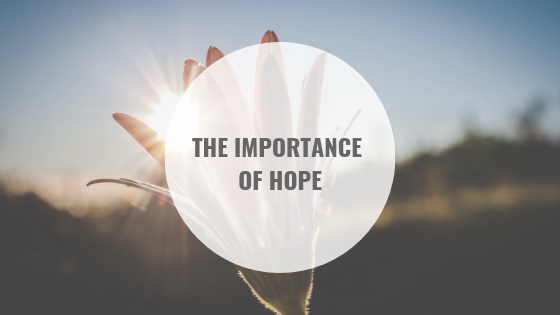Julie Entwistle, MBA, BHSc (OT), BSc (Health / Gerontology)
June is Brain Injury Awareness Month. For many who suffer a brain injury the road to recovery is long and filled with many twists and turns along the way. I wanted to post this popular blog post as a reminder to not give up hope, no matter how difficult the journey may be.
A friend asked me to visit a colleague of his who was in the hospital following a spinal infection. The spinal infection and resulting surgery caused paralysis and the gentleman was told he will not walk again. During our visit we spoke of the non-profit organization “Spinal Cord Injury Ontario” and the client’s wife told me the story of their first meeting with a Peer Support volunteer. She recalled that the volunteer (a paraplegic) entered their room and introduced himself. The wife politely thanked him for coming but told him they would not need his services as they strongly believe that her husband will walk again. The volunteer’s answer was brilliant – he told them that even though it has been years since his own accident, he too has not given up hope that one day there will be a cure for paralysis. He explained that he keeps himself in great shape as to always be prepared for that day. He told my friend’s colleague to never give up hope.
This conversation reminded me that hope is essential. As a health professional, I realized early that one of the key roles I play in the lives of my clients is to foster hope. Hope for a better future, for a solution to their current problems, and for a better way to manage. Even just discussing problems and brainstorming solutions elicits hope. Health professionals should never undervalue the importance of fostering hope – even if that is in the face of one huge challenge after another. Where hope becomes dangerous is when people are so busy waiting for “the cure” that they forget to manage in the meantime. Hope, like goals, is essential to survival, but so is survival in between. To forgo opportunities, solutions and help in the hopes of a future “fix” will only cause secondary problems that may be larger than the initial problem in the first place.
This philosophy is supported by most Chronic Pain Programs – they will not admit people to participate if that person is banking on a surgery, medication, or other therapy to “fix” them. Some problems are chronic, and learning to manage with the trials of life despite the problem is the only therapy. This should not squish hope – but rather should allow hope to live and breathe among optimal function.
I always try to remain hopeful. Hopeful for a better world for my children, for resolution of pain and suffering for my clients, for the health of others, and for my industry to remain a place where injured people can be adequately supported during their recovery. But I recognize that it is not always easy to feel hopeful. So, if you ever find yourself running on empty in the hope tank, try calling a supportive friend or family member, looking online (or on this blog) for inspiration, watching a funny or uplifting movie, getting some exercise, changing your scenery, or seeking support from a health professional. We are here for hope and help.
Previously posted July 2013

